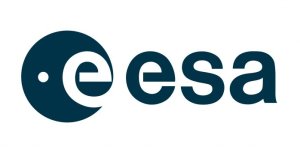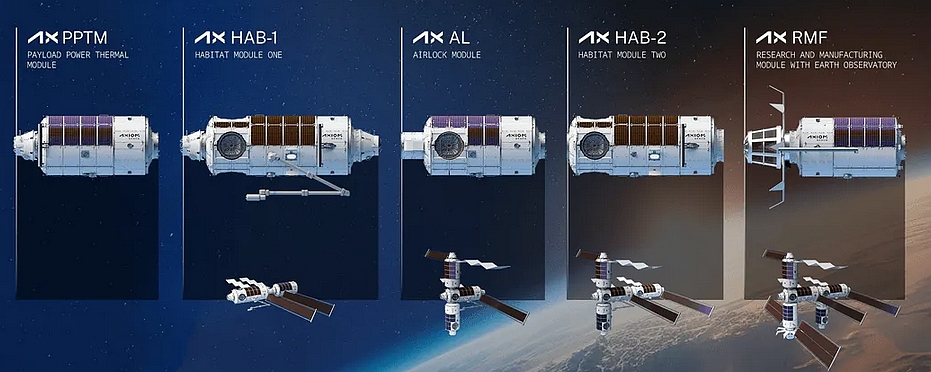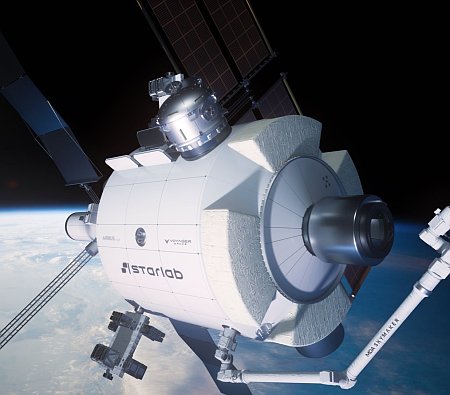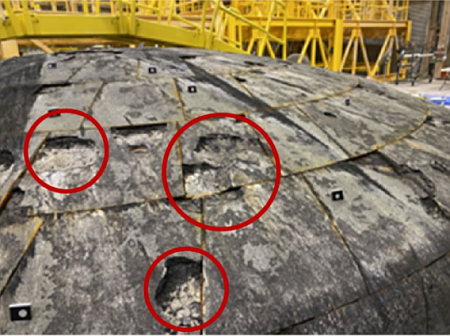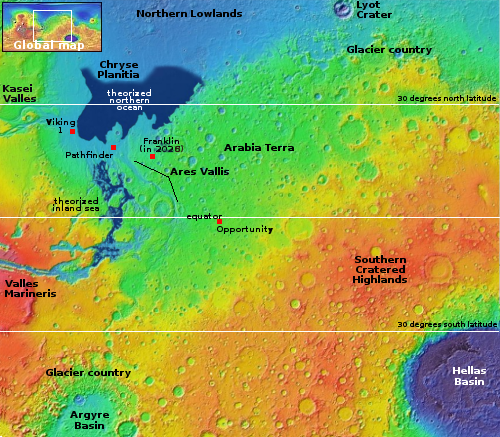Lockheed Martin and General Electric complete tests of a rotating-detonation engine
Lockheed Martin and General Electric announced this week that they have successfully tested a rotating-detonation engine using complimentary technology developed by each company.
GE Aerospace and Lockheed Martin completed a series of engine tests demonstrating the viability of a liquid-fueled rotating detonation ramjet for use in hypersonic missiles, the first initiative between the companies under a broader joint technology development arrangement.
This fuel-efficient rotating detonation ramjet promises to fly missiles faster—including at hypersonic speeds—and farther while decreasing costs compared to other ramjet options. … The rotating detonation ramjet combusts fuel and air through detonation waves instead of the traditional combustion methods used in ramjet engines today. This propulsion system generates high thrust for super- and hypersonic speeds to engage high-value, time-sensitive targets, with a smaller engine size and weight that boosts range.
In October Lockheed Martin’s venture capital division announced it was investing in a startup, Venus Aerospace, that was developing its own rotating detonation engines. One now wonders, based on today’s story, if that investment might have been a purchase of the technology itself.
Either way, the Pentagon’s program to develop hypersonic missile capability has blossomed in the past two years, since it stopped trying to build the technology itself and has instead been hiring private aerospace companies to do the research for it. Ain’t capitalism wonderful?
Lockheed Martin and General Electric announced this week that they have successfully tested a rotating-detonation engine using complimentary technology developed by each company.
GE Aerospace and Lockheed Martin completed a series of engine tests demonstrating the viability of a liquid-fueled rotating detonation ramjet for use in hypersonic missiles, the first initiative between the companies under a broader joint technology development arrangement.
This fuel-efficient rotating detonation ramjet promises to fly missiles faster—including at hypersonic speeds—and farther while decreasing costs compared to other ramjet options. … The rotating detonation ramjet combusts fuel and air through detonation waves instead of the traditional combustion methods used in ramjet engines today. This propulsion system generates high thrust for super- and hypersonic speeds to engage high-value, time-sensitive targets, with a smaller engine size and weight that boosts range.
In October Lockheed Martin’s venture capital division announced it was investing in a startup, Venus Aerospace, that was developing its own rotating detonation engines. One now wonders, based on today’s story, if that investment might have been a purchase of the technology itself.
Either way, the Pentagon’s program to develop hypersonic missile capability has blossomed in the past two years, since it stopped trying to build the technology itself and has instead been hiring private aerospace companies to do the research for it. Ain’t capitalism wonderful?

